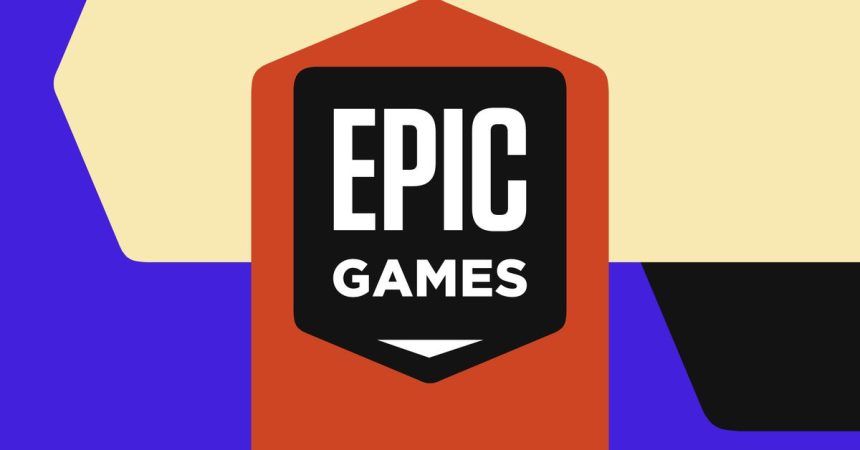Epic Games is expanding its mobile app store presence, aiming to challenge the dominance of Apple’s App Store and Google Play. The company plans to onboard nearly 20 third-party games onto its Android store globally and within the European Union for iOS. This expansion is accompanied by the launch of a “free games” program, starting with titles like Bloons TD 6 and Dungeon of the Endless: Apogee. Epic’s grand vision is a unified cross-platform store, where purchases on one platform grant access across all devices. This initiative is currently facing minor technical setbacks, with the launch of the aforementioned games slightly delayed due to bugs. However, Epic remains committed to its vision and plans to provide updates as the issues are resolved. The free games program will initially offer new titles monthly, eventually transitioning to a weekly cadence.
A key element of Epic’s strategy is mitigating the impact of Apple’s Core Technology Fee (CTF) on iOS, a charge levied on installations from third-party stores exceeding 1 million annually. Recognizing this fee as a major obstacle for developers considering alternative app stores, Epic will cover the CTF for participating developers for one year. This move directly addresses what Epic considers a significant barrier to entry and aims to encourage more developers to embrace the Epic Games Store on iOS. While costly for Epic, the company views this subsidy as essential for fostering competition and hopes it will spur regulatory action against Apple under the EU’s Digital Markets Act (DMA). Epic believes the CTF unfairly penalizes developers for utilizing alternative distribution channels and stifles competition.
Epic’s challenge to Apple’s App Store practices is rooted in a broader conflict over mobile platform control. The company believes that Apple and Google employ restrictive practices and fees that discourage developers from utilizing alternative app stores. To support this claim, Epic cites anonymous developer testimonials highlighting the CTF as a deterrent. While Apple defends the CTF as a reflection of the value it provides to developers, Epic maintains that the fee is anti-competitive. Epic’s criticism also extends to what it calls “scare screens” during the installation process of its mobile store, which the company claims discourages users and has contributed to lower-than-expected adoption rates.
Epic’s fight against Apple and Google is not confined to the EU. The company has engaged in legal battles within the US, albeit with limited success thus far. The EU’s DMA has forced Apple to open its ecosystem in Europe, creating an environment where Epic can more directly compete with the App Store. Elsewhere, Apple defends its restrictive practices as necessary for security. Epic, however, contends that these restrictions primarily serve to maintain Apple’s market dominance and limit consumer choice. The company believes that robust enforcement of the DMA is crucial for establishing true app store freedom and fostering healthy competition.
Epic Games CEO Tim Sweeney has been vocal about the challenges posed by Apple’s practices. He points to the irony of Epic being able to compete fairly with the App Store only within the EU, while facing restrictions in its home market, the US. Sweeney highlights the inability of US citizens to access Fortnite on iOS devices due to Apple’s restrictions, a situation he deems ridiculous and requiring change. Despite the ongoing challenges, Sweeney remains optimistic about regulatory action against big tech companies, even in the US, and anticipates a continued battle for app store freedom throughout the decade.
Despite the recent launch delay, Epic remains committed to its vision of a competitive and open app store ecosystem. The company’s willingness to bear the financial burden of the CTF for developers underscores its dedication to challenging Apple’s practices. While acknowledging the financial limitations of this approach, Epic hopes its actions, combined with potential regulatory intervention, will pave the way for a more balanced and competitive mobile app market. The company’s strategy hinges on attracting developers and users to its platform, thereby demonstrating the viability of alternative app stores and ultimately driving meaningful change within the industry. The battle with Apple and Google is far from over, and Epic is prepared for a long-term struggle to achieve its goals of greater app store freedom and consumer choice.



